Grilled chicken, scrambled eggs, drumsticks, wings – what would South Africa be without these things? We eat them in vast quantities – more than we eat beef, pork or lamb. Raising chickens is an R11-billion-a year industry which the government plans to grow.
But there’s a problem, according to a report, Laying Down the Facts, by the NGO Animal Law Reform South Africa (ALRSA). It’s mostly insufferably cruel and an industry out of touch with modern understandings of animal welfare. If you can’t do without your chicken schnitzel and fried eggs easy over, read no further.
The report – 280 pages laying out in forensic detail the methods used in collecting information and the laws which should but seemingly don’t govern the industry – is the result of a high-powered team consisting of Amy P Wilson, an attorney and co-founder of Animal Law Reform South Africa, legal researcher Cheslyn Ceaser, UCT Associate Professor and ALRSA director Melanie Murcott and legal consultant Li-Fen Chien.
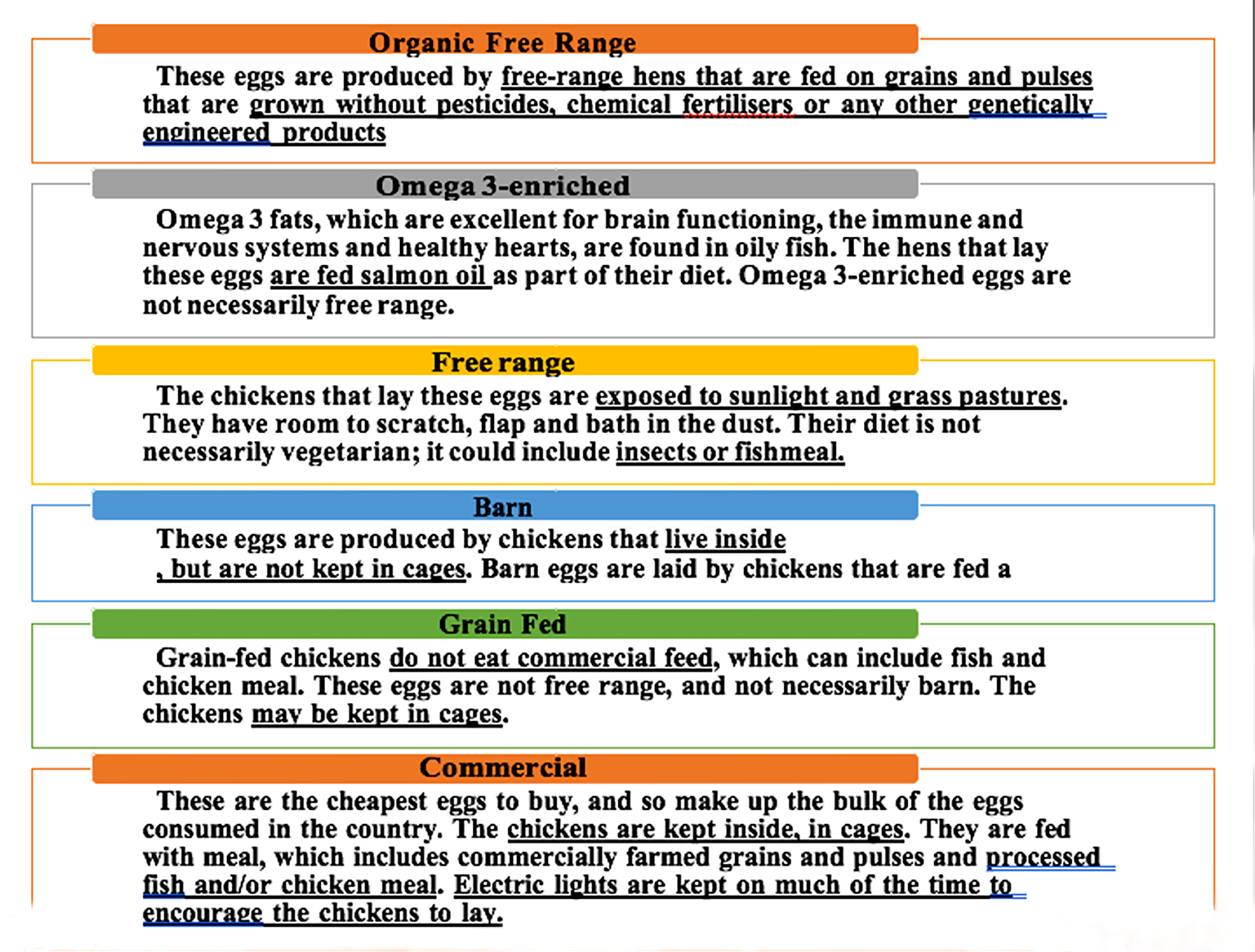 (Image: Animal Law Reform)
(Image: Animal Law Reform)
It deals with only the egg supply chain and not “broilers” and says it is not an attack on the poultry industry, but rather an attempt to educate it on a path out of unacceptable practices to happier, healthier chickens.
The industry, in pursuit of profits, presently generally treats the birds as mindless objects. However, says the report, chickens are sentient beings worthy of legal protection and consideration. Here’s why…
‘Incredibly cruel’
“They have been shown to exhibit various capacities and capabilities, including visual and spatial capacities, some understanding of numerosity, demonstrate self-control and self-assessment, communicate in complex ways and have the capacity to reason and make logical inferences,” reads the report.
They perceive time intervals and may be able to anticipate future events, are behaviourally sophisticated, have complex negative and positive emotions and distinct personalities. They enjoy exploring, dust bathing, foraging, flapping their wings and stretching.
The report debunks the “myth of the happy hen laying free-range eggs” beloved of marketers. Forced to stand and sleep in tiny battery cages made of wire (a reality for 86% of them), laying hens can do none of these things. Standing on wire mesh they get foot disorders, unable to walk or flap they get “disuse osteoporosis” which can lead to fractures. Crowding causes sleep deprivation and stress.
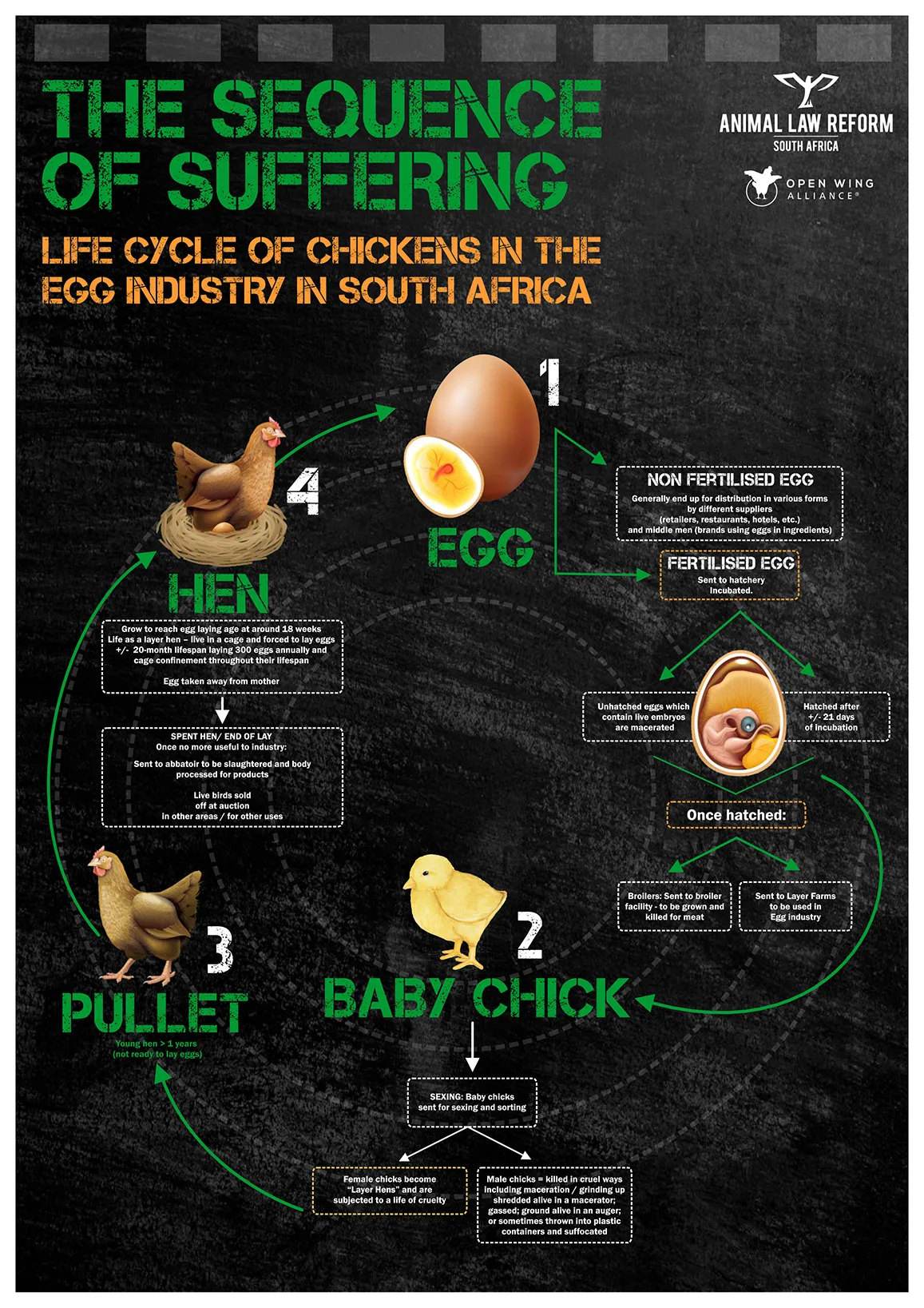 (Graphic: Animal Law Reform)
(Graphic: Animal Law Reform)
Layers are genetically engineered to produce high volumes of eggs which leeches calcium from their bones (a jungle fowl will lay 10 to 14 eggs a year, a battery chicken around 300). In frustration, they peck neighbours, pull out feathers and sometimes resort to cannibalism.
To avoid pecking, chicks younger than 10 days have their beaks trimmed with a hot blade, an action, says the report, which is “incredibly cruel causing unreasonable pain”.
A free chicken can live between three and seven years, but layer hens are considered “spent” at between 18 and 24 months and sent to slaughter.
Since male chicks cannot lay eggs, they are considered useless and generally killed on the day they are born. This, says the report, is done in various ways: suffocation; maceration (ground up alive), dumping while living, electrocution, pulling off their heads and gassing. In the US alone, 30,000 newly hatched male chicks are killed every hour – about 300 million each year. It’s unclear how many are killed in South Africa.
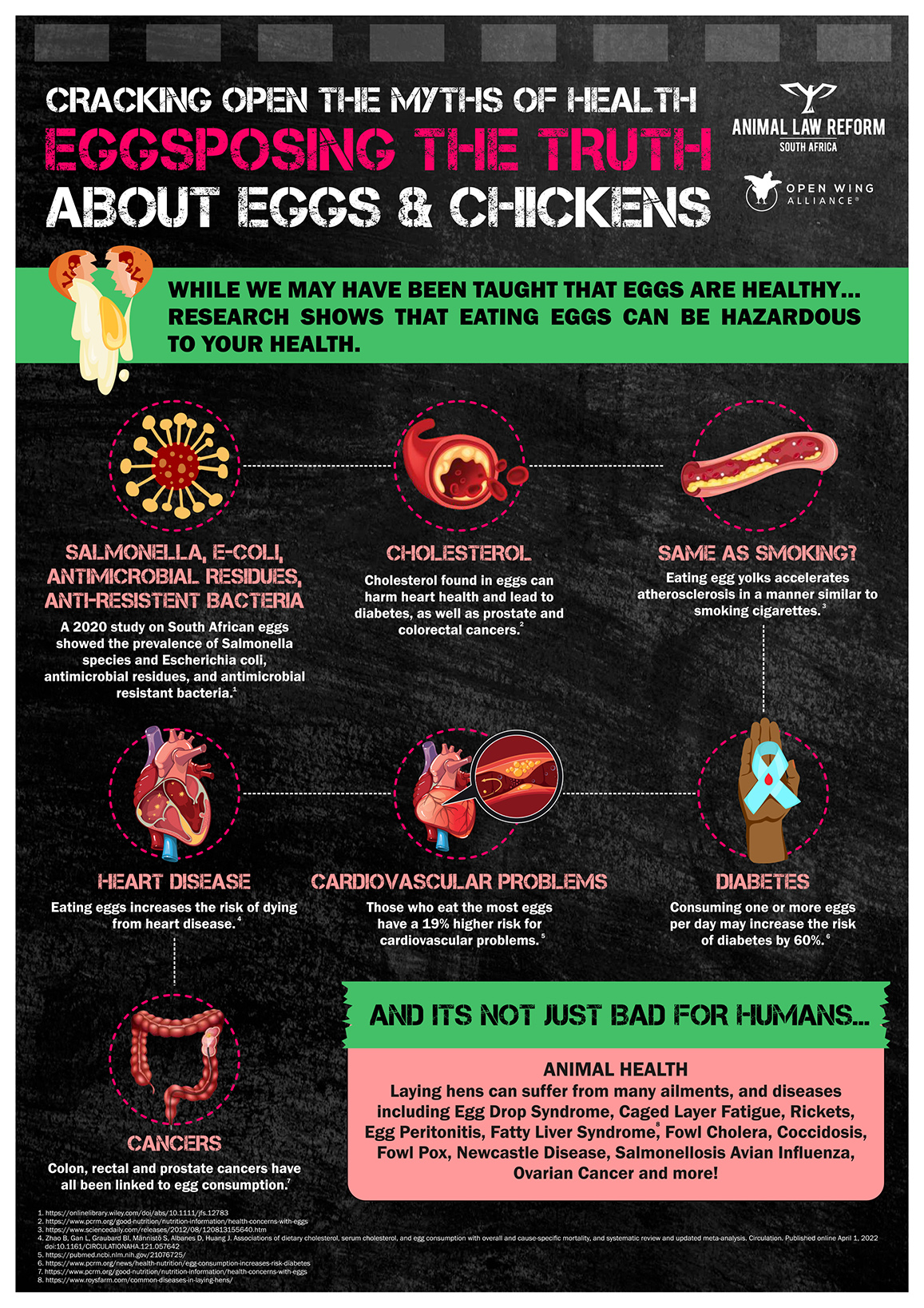 (Graphic: Animal Law Reform)
(Graphic: Animal Law Reform)
There are anti-cruelty laws which technically apply to farmed animals, says the report, but “evidence suggests that these are rarely utilised for such animals, particularly in industrialised agricultural facilities”. Enforcement is generally left up to the NSPCA and local SPCAs which are overworked, underresourced and get no government funding. The NSPCA receives funding from Astral Foods, the largest poultry producer in the country.
Tough times
The report comes at a time of stress for the poultry industry. Farming costs are rising, load shedding is causing financial losses and it has been hit by avian flu, which spreads rapidly in the close confinement of batteries. In 2021 the national layer flock contracted by 7.1% from culling on infected farms, amounting to an estimated 801,000 broilers and breeders.
In April of that year it was reported that about 300 birds died of avian flu at a commercial chicken-layer farm in Ekurhuleni, east of Johannesburg. The same farm had also been affected by the 2017 outbreak, which saw poultry farmers culling millions of birds and prompted neighbouring countries including Zimbabwe, Namibia and Botswana to ban poultry imports from South Africa.
Read more in Daily Maverick: Government considers vaccinations as avian flu outbreak triggers egg shortages
Then in June 2022, South Africa reported 145 outbreaks of avian flu and culled 3.7 million birds in 12 months. In April 2023, Lemoenkloof outside Paarl had its entire flock of 420,000 layer hens culled. Quantum, owner of the Nulaid brand, estimated that the direct loss resulting from this outbreak of bird flu amounted to about R34-million. The country is now running out of eggs.
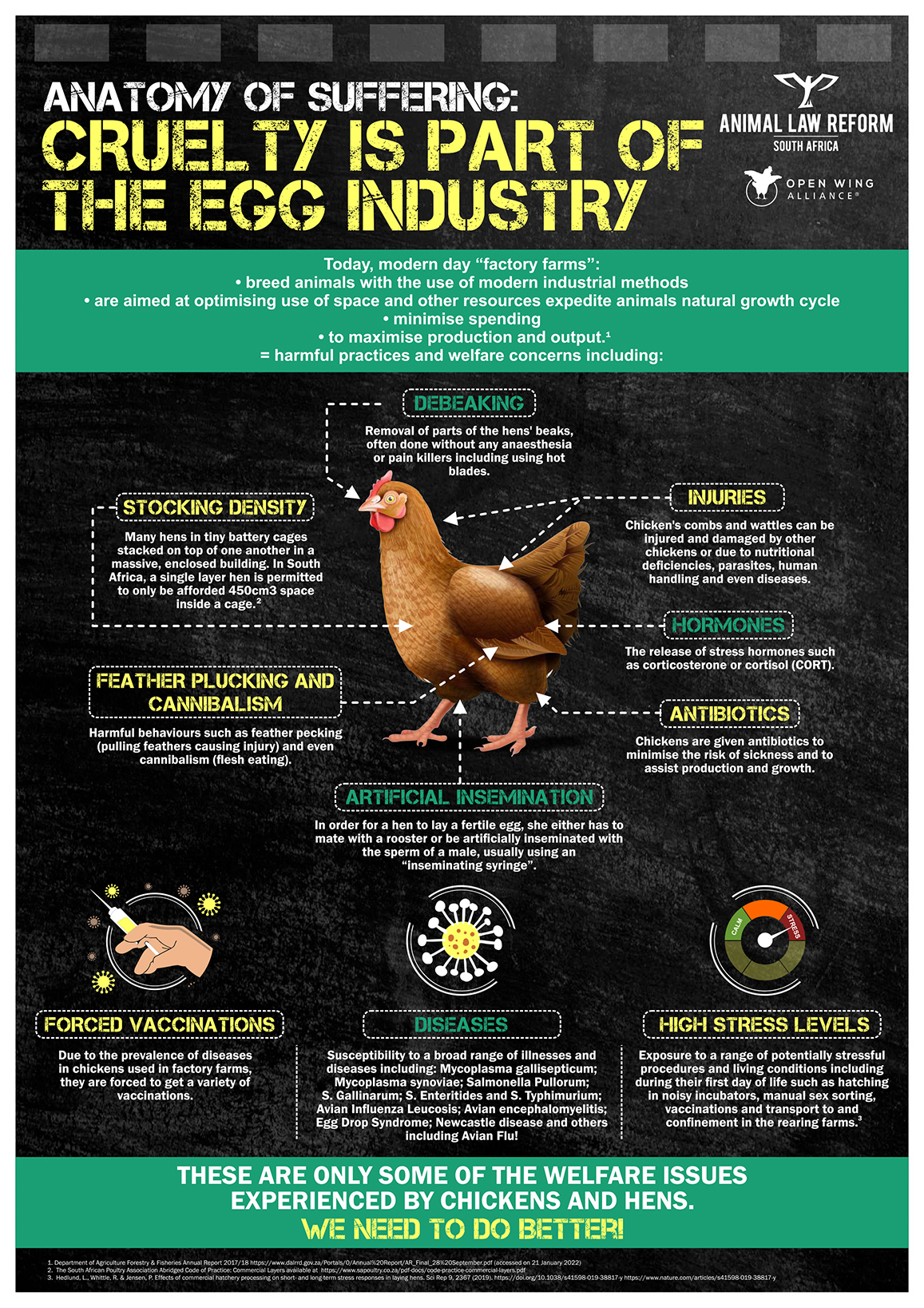 (Graphic: Animal Law Reform)
(Graphic: Animal Law Reform)
Legal challenges
The report is largely an outline of the legal challenges, opportunities and failings of the industry in an attempt to steer it away from cruel practices.
These are “practices involved in the egg supply chain that cause suffering and pain to layer-hens including, but not limited to, the use of battery cages, beak trimming, de-toeing and/or overstocking within cages and in relation to male chicks – culling. Many of these practices have been banned or are being phased out elsewhere in the world due to their cruel nature.”
While some engaged with us in a cooperative manner, others were not aware of their own legal obligations and a few even threatened us with litigation if we mentioned them in our report.
It refers to several court cases of both the Constitutional and Supreme courts that found animals to be sentient, capable of suffering and experiencing pain. It cites the international standard of animal welfare known as the Five Domains in which animals require:
- Nutrition: involving the animal’s access to sufficient, balanced, varied and clean food and water;
- Environment: enabling comfort through temperature substrate, space, air, odour, noise and predictability;
- Health: enabling good health through the absence of disease, injury, impairment with a good fitness level;
- Behaviour: providing varied, novel and engaging environmental challenges through sensory inputs, exploration, foraging, bonding, playing, retreating, and others; and
- Mental state in which an animal should benefit from predominantly positive states such as pleasure, comfort or vitality while reducing negative states such as fear, frustration, hunger, pain or boredom.
The report says that because of a lack of transparency by corporations, the public is generally unaware of the processes by which food is produced and made accessible to them.
The researchers warned that present battery conditions raise the possibility of zoonic diseases and pointed out that, while eggs are often advertised as “health” food, they carry potential risks of salmonella, antimicrobial residues and resistant bacteria and could impact on cholesterol, heart disease, cardiovascular problems, diabetes and various cancers.
Talking to industry
The researchers contacted 36 stakeholders in the egg supply chain to assess their commitment to animal welfare and the phasing out of batteries.
“As a starting point we attempted to get corporations to disclose certain information publicly, so consumers can be educated on these matters and empowered to make informed decisions. We’re trying to promote corporate accountability and transparency in the public interest.
“While some engaged with us in a cooperative manner, others were not aware of their own legal obligations and a few even threatened us with litigation if we mentioned them in our report.”
The report – essentially an exercise in corporate education – offers advice dealing with poultry in South Africa and urges industry to make “cage-free commitments”. Additional steps could include:
- Those who have made commitments to fulfil them through transparent reporting;
- Avoid certain products or refuse to support suppliers who undertake cruel practices and source from those with higher welfare standards; and
- Seek advice to better understand their role in animal welfare.
It further urges the government to recognise the sentience of animals in law and enact a ban on battery cages for egg-laying hens.
The report notes that legal protection for farmed animals within South Africa remains weak. This enables companies to largely “self-regulate” through non-binding and voluntary industry standards and internal policies. In this way, they often fail to produce and implement policies that meaningfully improve animal welfare. As a result, industry standards prioritise economic interests at the expense of animal welfare and well-being.
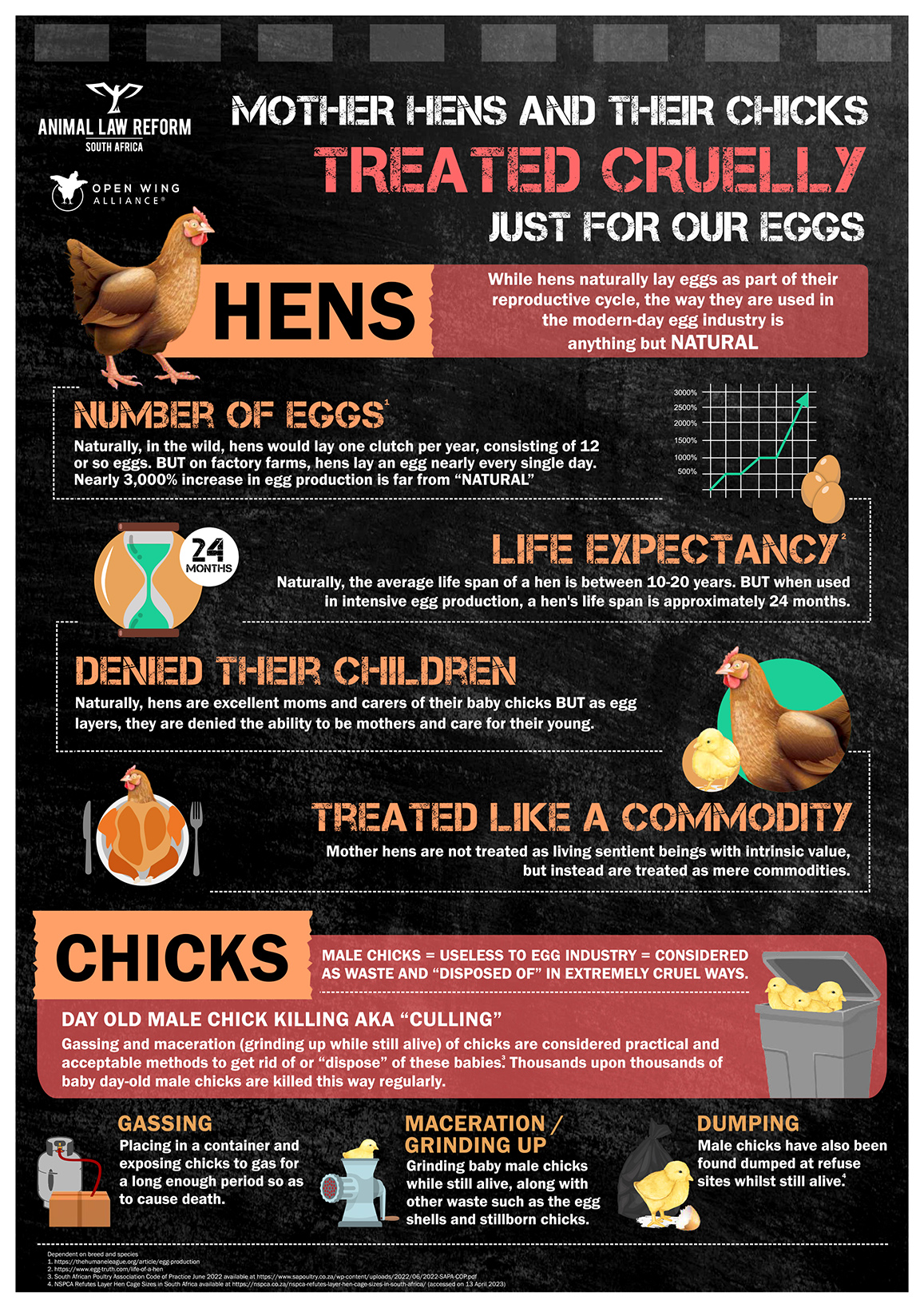 (Graphic: Animal Law Reform)
(Graphic: Animal Law Reform)
“While historically, corporations have been driven by profitability and have been primarily accountable to their shareholders and other role players within their organisations, this has been changing over time,” says the report.
“It is no longer acceptable for corporations to be motivated solely by profits, but must be motivated by protecting the interests of all who are impacted by its operations, whether they are humans or nonhumans.
“Chickens are some of the most abused land-farmed animals,” says Amy P Wilson. “We chose to focus on corporate accountability because they hold immense power in South Africa – for both harm or good.
“People are generally not aware of and are even actively misled about the harms that existing practices do to animals and these implicate us all. They include public health, environmental rights, consumer protection rights and rights to information.”
Animal interests and human interests are fundamentally and inextricably connected, she points out. This is illustrated by the current egg crisis in the country caused by the outbreak of avian flu.
Animal Law Reform is now working on the next phase of the project, which focuses on environmental impacts associated with the egg industry. Laying Down the Facts and an executive summary can be found here. DM




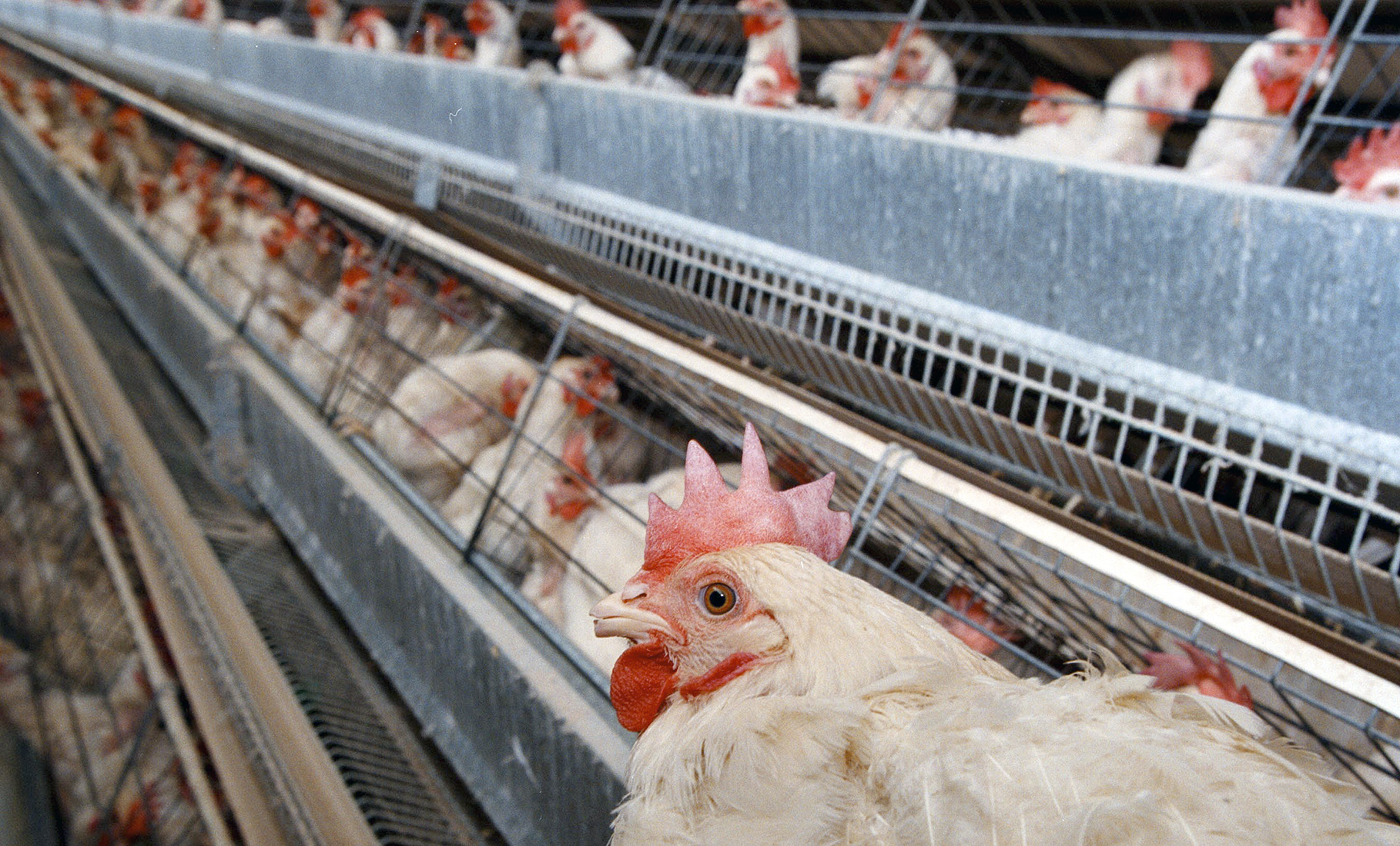 (Graphic: Animal Law Reform)
(Graphic: Animal Law Reform) 